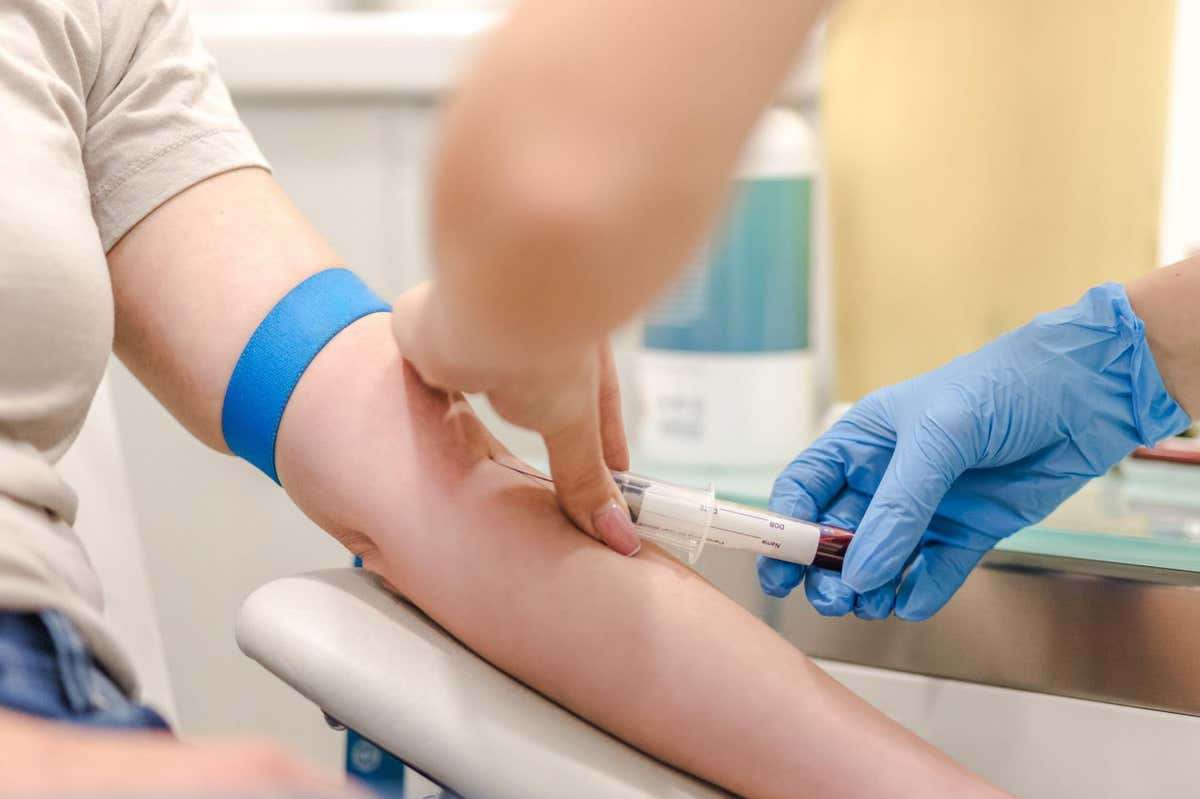Are Blood Tests Reliable for Analyzing the Body's Health?
Introduction:
Blood tests are commonly used tools for assessing the body's health status, providing valuable insights into key biomarkers such as cholesterol levels, blood sugar levels, and organ function markers. However, questions may arise regarding the reliability of blood tests in accurately analyzing the body's health. In this article, we'll explore the reliability of blood tests for comprehensive body analysis, shedding light on the accuracy of test results and their significance in evaluating overall health.
Accuracy of Blood Test Results
Blood tests are highly accurate diagnostic tools that provide objective measurements of various biomarkers in the bloodstream. Advanced laboratory techniques and quality control measures ensure the reliability and precision of blood test results, minimizing the margin of error. Additionally, reference ranges established for different biomarkers enable healthcare professionals to interpret results accurately and identify deviations from normal values.
Comprehensive Health Assessment
Blood tests offer a comprehensive assessment of various aspects of the body's health, including cardiovascular health, metabolic function, organ function, hormonal balance, and nutrient status. By analyzing multiple biomarkers simultaneously, blood tests provide a holistic view of the body's internal dynamics, allowing healthcare professionals to identify potential health issues or imbalances that may require further evaluation or intervention.
Detection of Underlying Health Conditions
One of the primary strengths of blood tests is their ability to detect underlying health conditions at an early stage, often before symptoms manifest. Abnormalities in biomarker levels may indicate the presence of certain health conditions or predispose individuals to increased health risks. Timely detection through blood tests enables early intervention, facilitating proactive management of health conditions and improving long-term health outcomes.
Monitoring Treatment Effectiveness
Blood tests play a crucial role in monitoring the effectiveness of medical treatments and interventions. For individuals with chronic conditions such as diabetes, hypertension, or thyroid disorders, regular blood tests allow healthcare providers to assess treatment efficacy, adjust medication dosages as needed, and monitor disease progression over time. Monitoring changes in biomarker levels through blood tests enables personalized treatment adjustments to optimize health outcomes.
Collaboration with Healthcare Professionals
Interpreting blood test results accurately requires collaboration between individuals and healthcare professionals. While blood test results provide valuable insights, their interpretation may vary based on individual health factors, medical history, and clinical context. Consulting with healthcare professionals, such as primary care physicians or specialists, ensures accurate interpretation of test results and facilitates personalized recommendations for further evaluation or intervention.
Conclusion
In conclusion, blood tests are reliable tools for analyzing the body's health, providing accurate measurements of key biomarkers and valuable insights into various aspects of well-being. From detecting underlying health conditions to monitoring treatment effectiveness, blood tests play a crucial role in comprehensive body analysis and proactive health management. By collaborating with healthcare professionals and interpreting test results accurately, individuals can leverage the reliability of blood tests to optimize their health and well-being.
https://www.dynamiclinic.com/e....n-ae/home-healthcare






